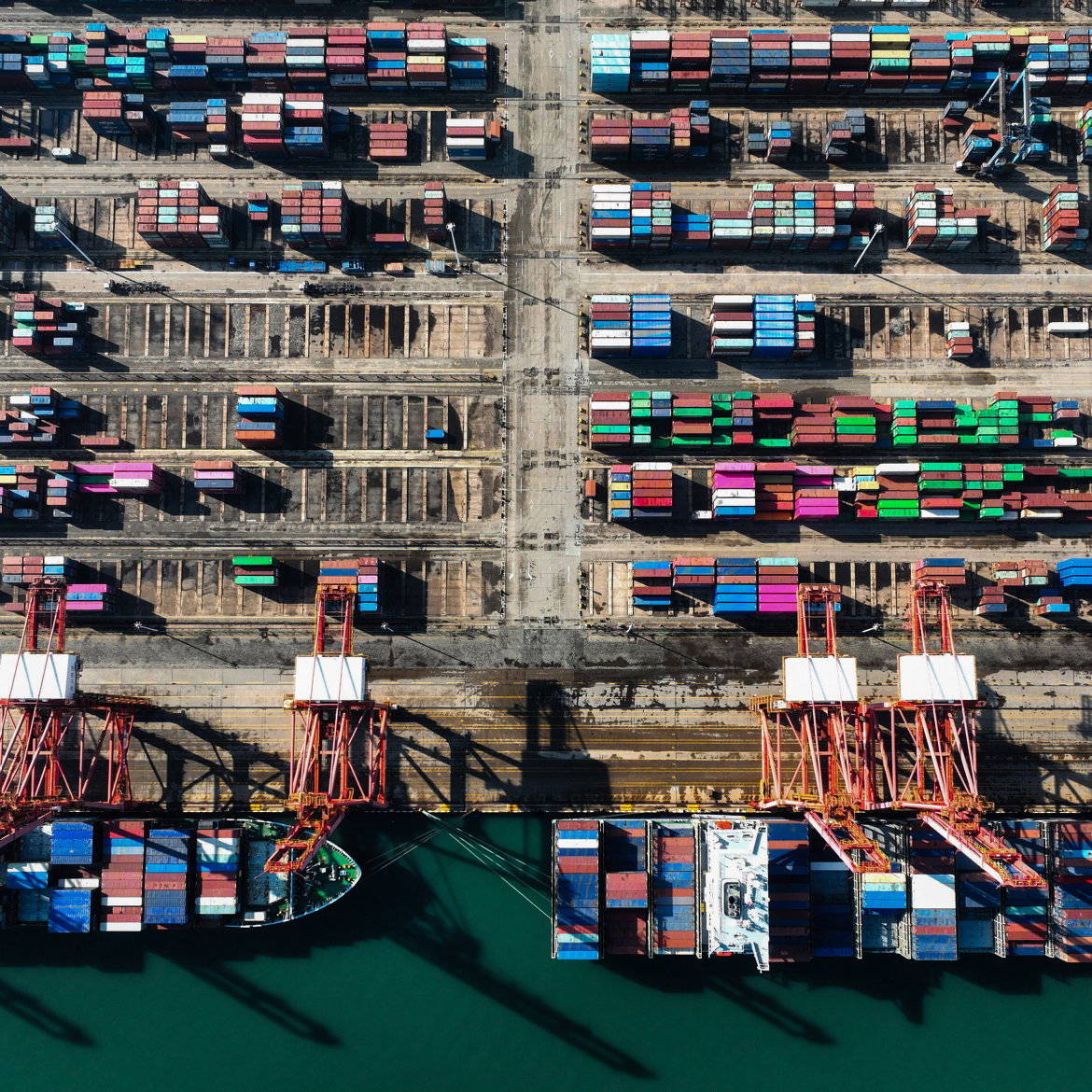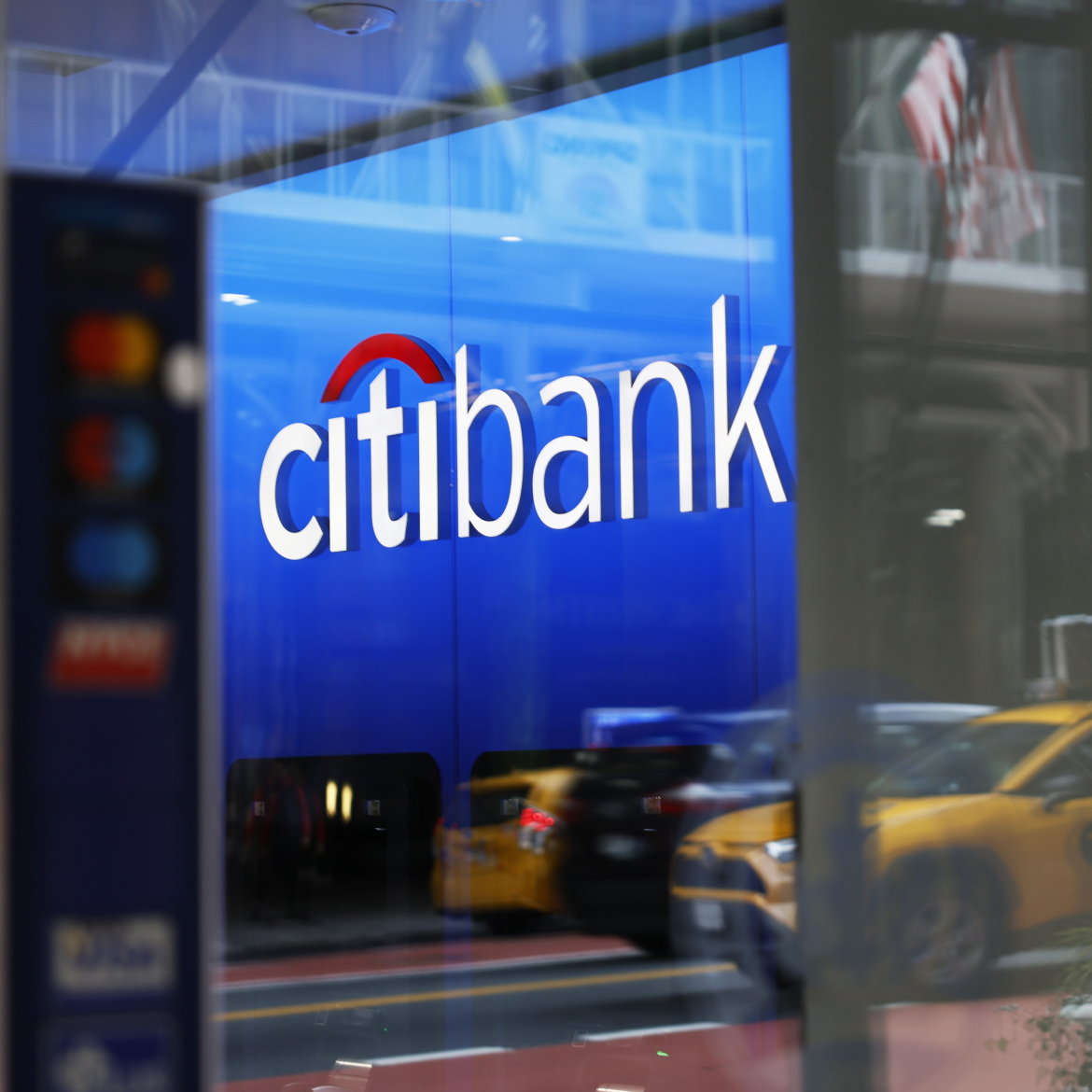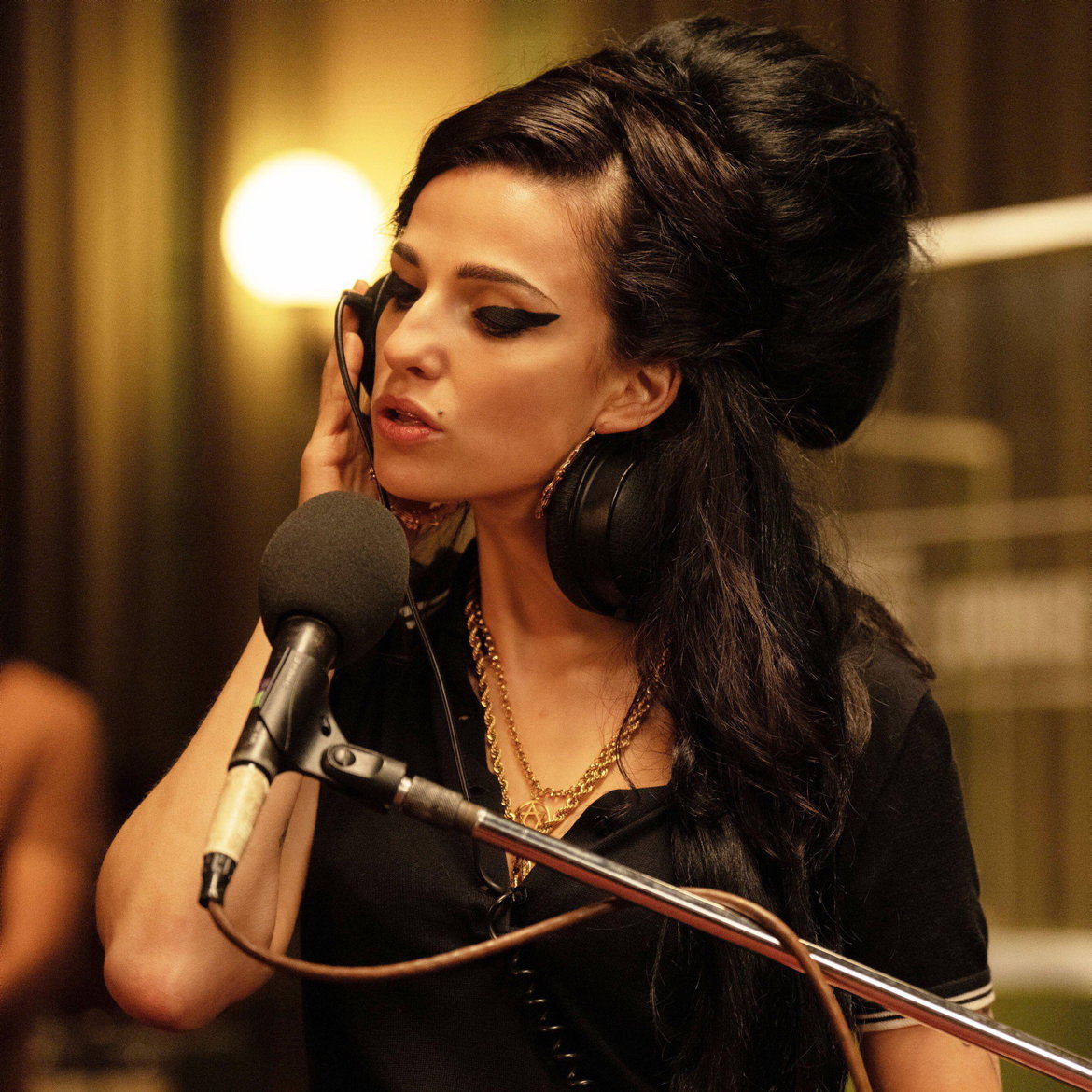Antonio Guterres, the secretary-general of the UN, called for an “immediate humanitarian ceasefire” in Gaza, and “the unconditional release of all hostages”. On Sunday Israel told more residents in eastern Rafah to evacuate as it prepares to intensify its operations there. Earlier this week President Joe Biden said America will not provide offensive weapons to Israel for Rafah. Israel also stepped up bombing raids on Jabalia refugee camp, in the north of the enclave.
Three people were killed and five injured in Russian attacks in the region of Kharkiv in north-east Ukraine, according to Oleh Syniehubov, its governor. In a new offensive that began on Friday, Russian troops have attacked 27 settlements. Mr Syniehubov said that 4,000 people have been forced to flee. Russian forces claim to have taken control of five villages.
Thousands of Georgians marched in Tbilisi, the country’s capital, against a government-backed bill that targets NGOs and media outlets receiving foreign funding. The bill was first considered in 2023, but was withdrawn after protests—before being brought back again this year. The law appears to be an imitation of measures in Russia, which have been used to silence critical voices.
South Korea’s government is planning to provide $7.3bn for chip investments and research, said the country’s finance minister. Yoon Suk-yeol, South Korea’s president, has described competition over semiconductors as an “all-out war”. South Korea is the world’s top producer of memory chips. It is building a chip “mega cluster” near Seoul, the capital.
Thousands of residents of the Canadian provinces of Alberta and British Columbia have been told to leave their homes because of the threat of wildfires. The government has warned that Canada is at risk of another “catastrophic” wildfire season because of forecasts of unusually high spring and summer temperatures across much of the country, thanks partly to El Niño weather conditions.
Flash floods in the north of Afghanistan killed 315 people and injured 1,600, according to the Taliban-run refugee ministry. Heavy rains on Friday sent rivers of mud coursing through villages and destroyed fields. Afghanistan, one of the world’s poorest countries, has endured a string of natural disasters this year, including other flooding and earthquakes.
Switzerland won the Eurovision song contest, held this year in Malmö, Sweden, seeing off competition from Israel, which took part even as its war in Gaza rages. Thousands of people joined protests against Israel’s inclusion. It was cleared to compete after changing some lyrics of its entry referring to Hamas’s attack on Israel on October 7th, and changing its title from “October Rain” to “Hurricane”.
Word of the week: Sulian dage, a Chinese phrase once used to describe the Soviet Union, meaning “Soviet big brother”. Read the full story.
In the run-up to America’s presidential election, we’ve launched The US in brief—a daily update to help you keep on top of the political stories that matter. Sign up here to receive it as a newsletter, each weekday, in your inbox.
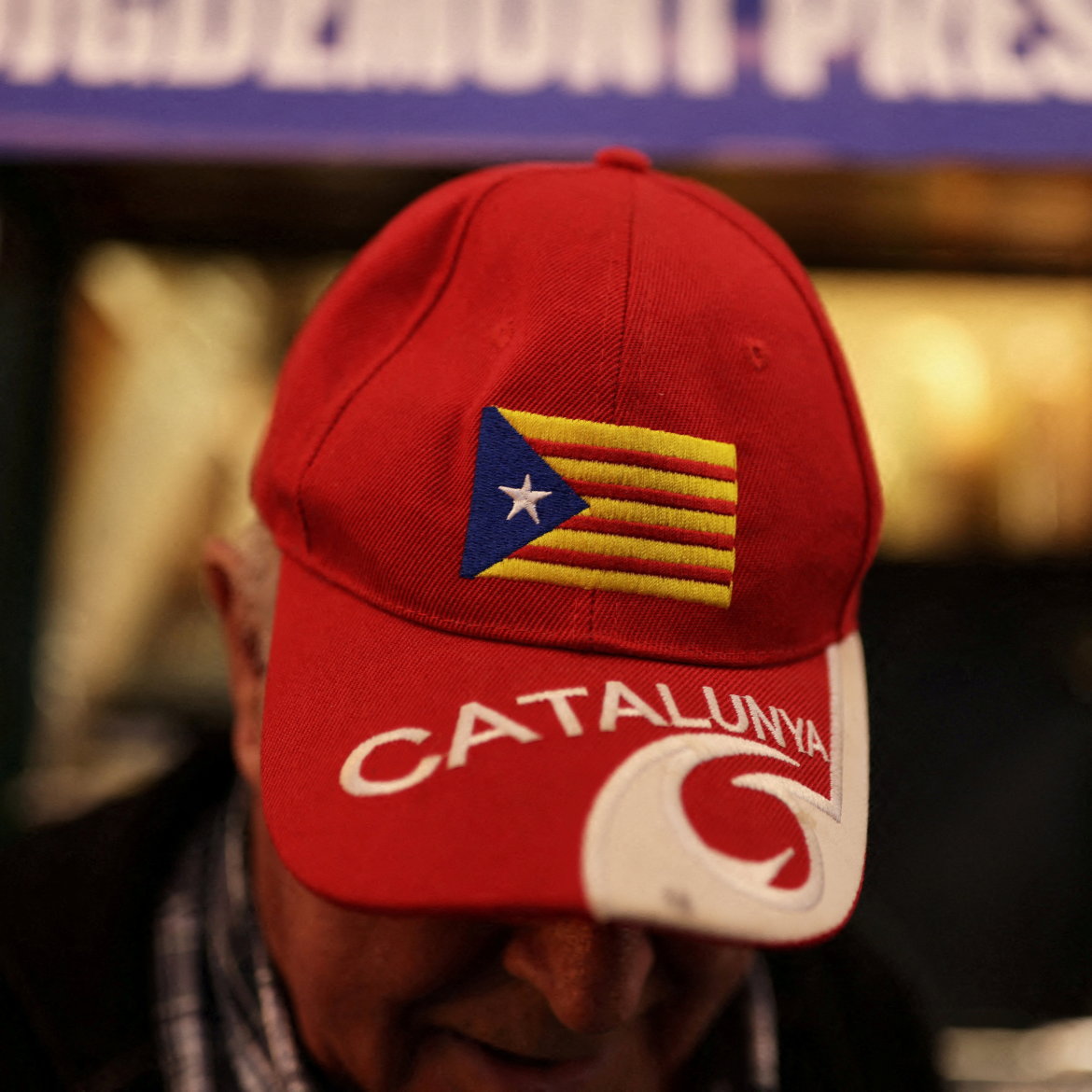
Is Catalonia out of its secessionist mess?
In 2017 an unconstitutional separatist referendum shocked Spain and divided Catalonia. A regional election on Sunday will indicate whether some normality has returned.
No party will win a majority, but polls give the edge to the Socialists, who oppose independence. Two main rival separatist parties are closely matched. The Republican Left will probably face a hard choice after the election. One option will be to join forces with Junts (“Together”) on the centre-right—though the two hardly get on. The other will be to enter a Socialist government as a junior partner and see its independence drive paused. In exchange, it would haggle for more powers to be devolved to the region.
That scenario would further boost Pedro Sánchez, Spain’s prime minister, who heads a rickety coalition and recently threatened to quit office (only to say he’s staying). He has sought to cool the conflict in Catalonia, notably with a hugely controversial amnesty for the rebels of 2017.
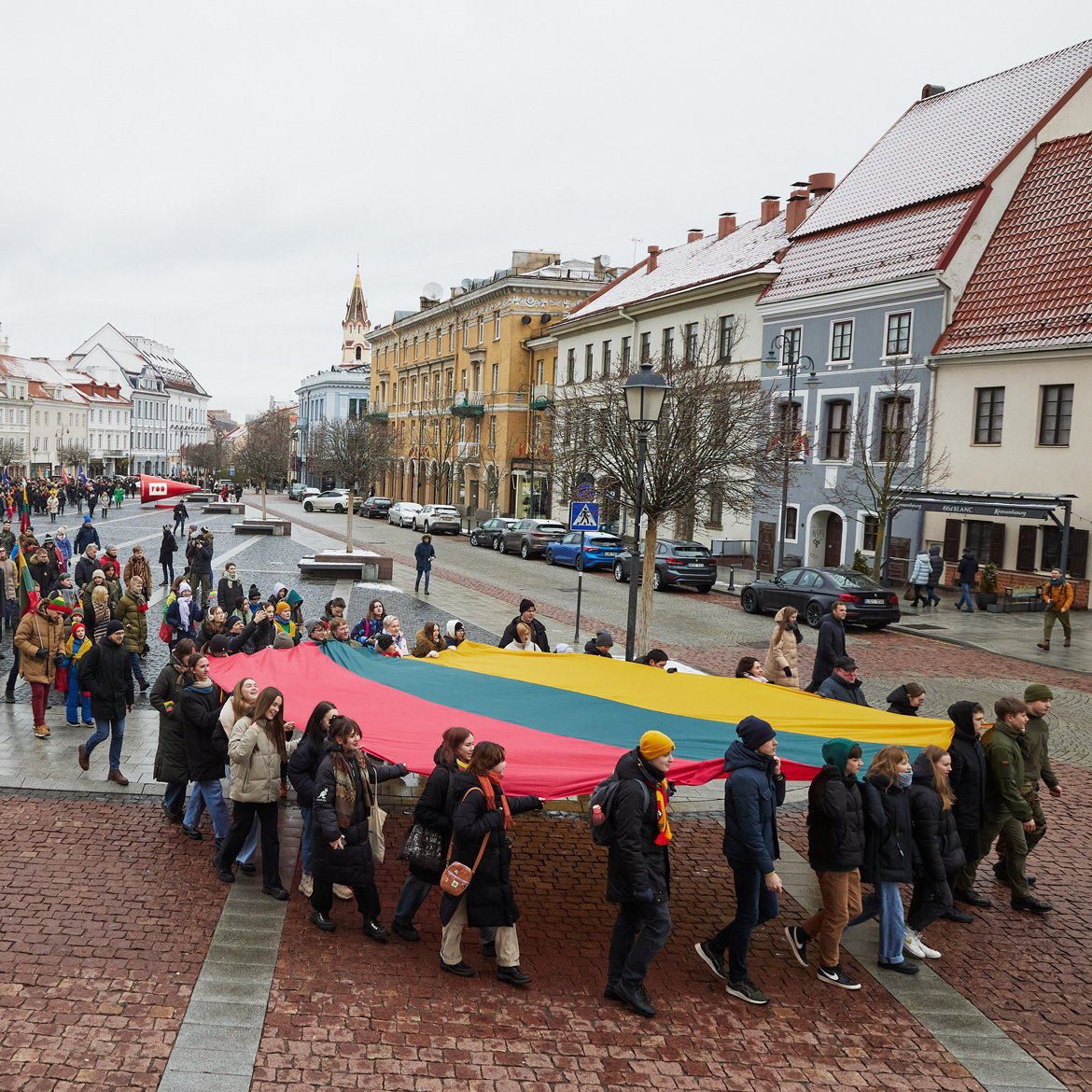
Lithuania’s push for more passports
Every year 1,000 Lithuanians renounce their citizenship to take another. The country of roughly 2.8m people bans holding a second passport. In the EU, only four others do so. But that could change after a referendum on Sunday—alongside a presidential election—on whether to allow the growing number of Lithuanians who live abroad to keep their passports.
A “Yes” vote would clear the way for parliament to begin work on a bill. It faces little opposition; last May all 111 MPs supported holding the referendum. The proposal would restrict the privilege to citizens of “friendly countries”. Those do not include Russia or Belarus, alleviating concerns among Lithuania’s sizeable Russian-speaking minority that they would be forced to disclose where their loyalties lie.
The last time Lithuania asked the question, in 2019, not enough voters backed constitutional change (72% voted in favour, but were only 40% of the population). This time, scheduling the ballot with the presidential poll should boost turnout.
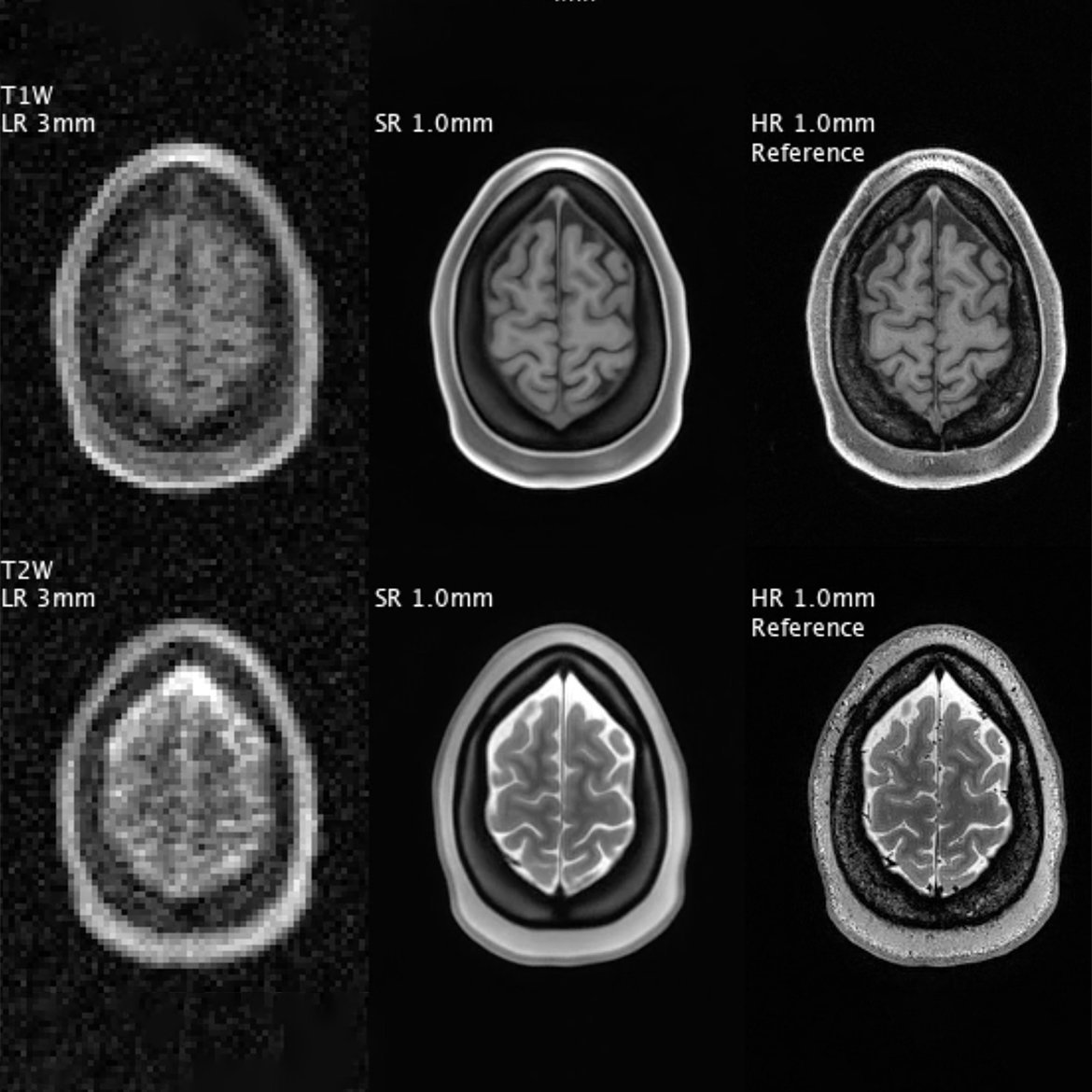
How AI could boost MRI
Magnetic-resonance imaging is to soft tissue what the X-ray is to the bone: it lets doctors peek inside patients without cutting them open. But 50 years after its invention, the essential technology remains too expensive for many poor countries. In Africa, there are 0.7 MRI scanners per million people. (America has 40 per million and Japan has 55.) To narrow that gap, scientists reporting in Science, a journal, claim to have developed a cheaper, portable version of MRI—with the help of artificial intelligence.
The researchers use ultra-low-field MRI, which requires a smaller magnet and runs off a single wall socket, to scan the whole body. The resulting grainy image is then fed into a deep-learning programme to enhance it. The AI also cuts out electromagnetic interference, so that it no longer needs to sit in a radiofrequency-proof room. That would allow the technology to become available in more places, and even at patients’ bedsides.

A momentous final for women’s football
In recent years three teams have dominated women’s football in England. Arsenal, Chelsea or Manchester City have won every edition of the Women’s Super League (WSL) and the Women’s FA Cup since 2015. But that run will end on Sunday. This year’s FA Cup Final will be contested between Manchester United—who saw off Chelsea in the semi-finals—and Tottenham Hotspur.
The finalists are hardly minnows: they sit fifth and sixth in the WSL table and have international stars in their midst. Mary Earps, who plays for Manchester United, was awarded the Golden Glove for being the best goalkeeper at the World Cup in 2023, while Spurs’ captain, Bethany England, is the second-highest scorer in WSL history. England’s national team have raised the profile of women’s football in recent years; the cup final will reflect its depth. That can only be a good thing for the sport.
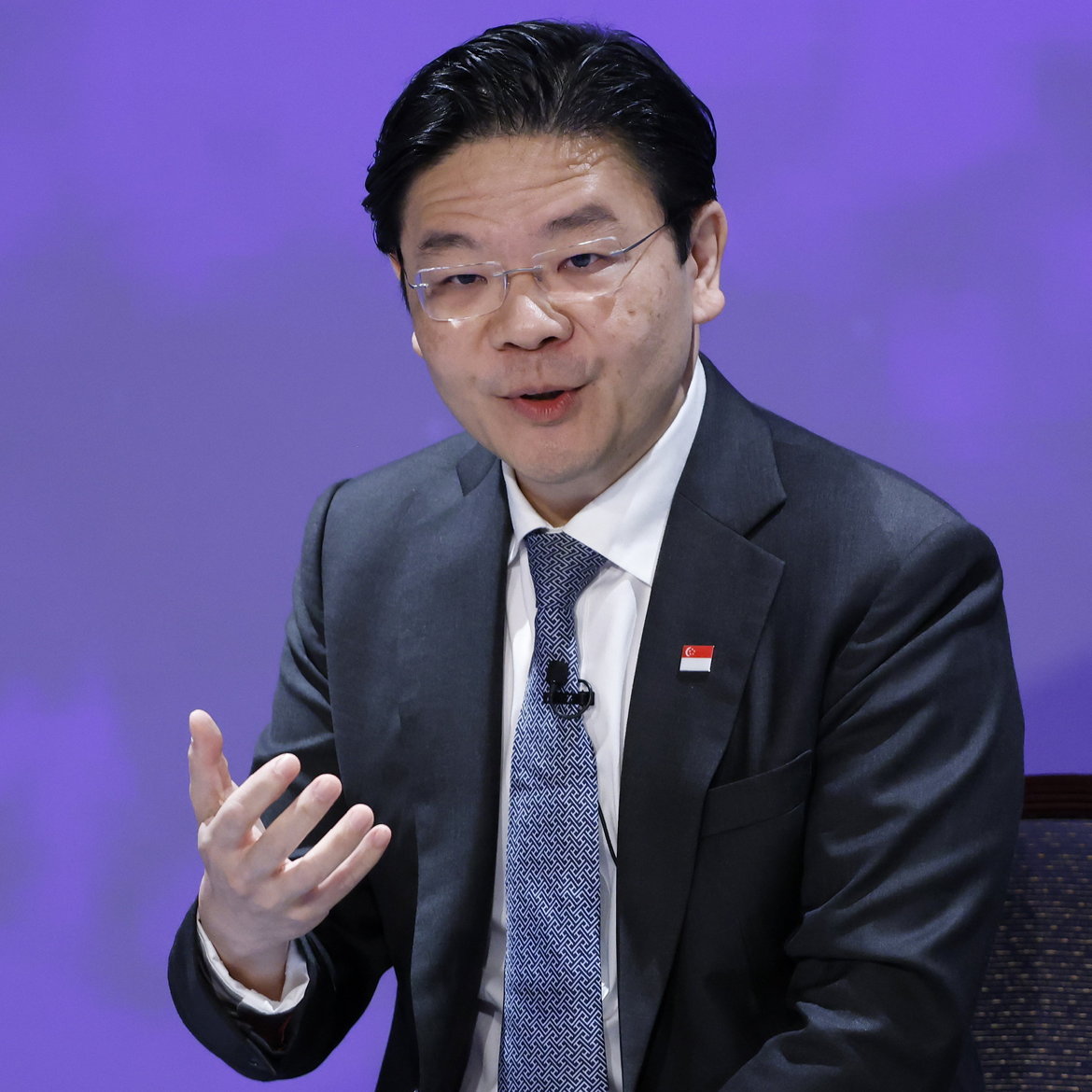
Weekend profile: Lawrence Wong, Singapore’s incoming prime minister
Singapore’s previous leaders have grown up singing a variety of national anthems. In the decades before it became independent in 1965, the country was occupied by Japan, colonised by the British and briefly part of Malaysia. Lawrence Wong, who becomes the city-state’s fourth prime minister on May 15th, notes that he is the first to have sung only one: at 51 years old, he will be the first leader born after independence.
Mr Wong takes over from Lee Hsien Loong, the son of the late Lee Kuan Yew, Singapore’s founding father who led the country for three decades. Mr Wong has humbler origins than his predecessors. He attended a local secondary school rather than one of the city-state’s elite institutions, then studied economics at the University of Wisconsin and the University of Michigan.
Before making a jump from the civil service to politics—a common move for the country’s leading politicians—Mr Wong had been principal private secretary to the younger Mr Lee. In 2011, Mr Wong was elected as a member of parliament with the People’s Action Party (PAP), which has governed the country without interruption since independence. His ascent in recent years has been relatively rapid by Singaporean standards. In January 2020 he became co-chair of the country’s covid-19 response, which made him well known. The year after, he became the finance minister, and in 2022 the country’s deputy prime minister.
The incoming prime minister marks a generational change—the handover to the “4G” (fourth generation) of leaders. But this is no revolution. The elder Lee turned a colonial entrepot into a gleaming metropolis, championing openness to trade, geopolitical neutrality and a technocratic government; Singapore’s GDP per person is an astonishing $88,000. Less attractively, he sought to destroy opponents and muzzled free speech. Mr Wong faces slightly more political competition. While the PAP still has a huge majority in Singapore’s parliament, Mr Wong concedes that an opposition presence is now permanent. He frames the challenge of his time in office as continuing the work of his predecessors: “My mission is to keep this miracle going for as long as I can.”
'The World in Brief - with vocab.' 카테고리의 다른 글
| June 3 update (0) | 2024.06.03 |
|---|---|
| May 20 update (0) | 2024.05.20 |
| April 30 update (0) | 2024.04.30 |
| April 18 update (0) | 2024.04.18 |
| April 12 update (0) | 2024.04.12 |













